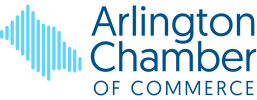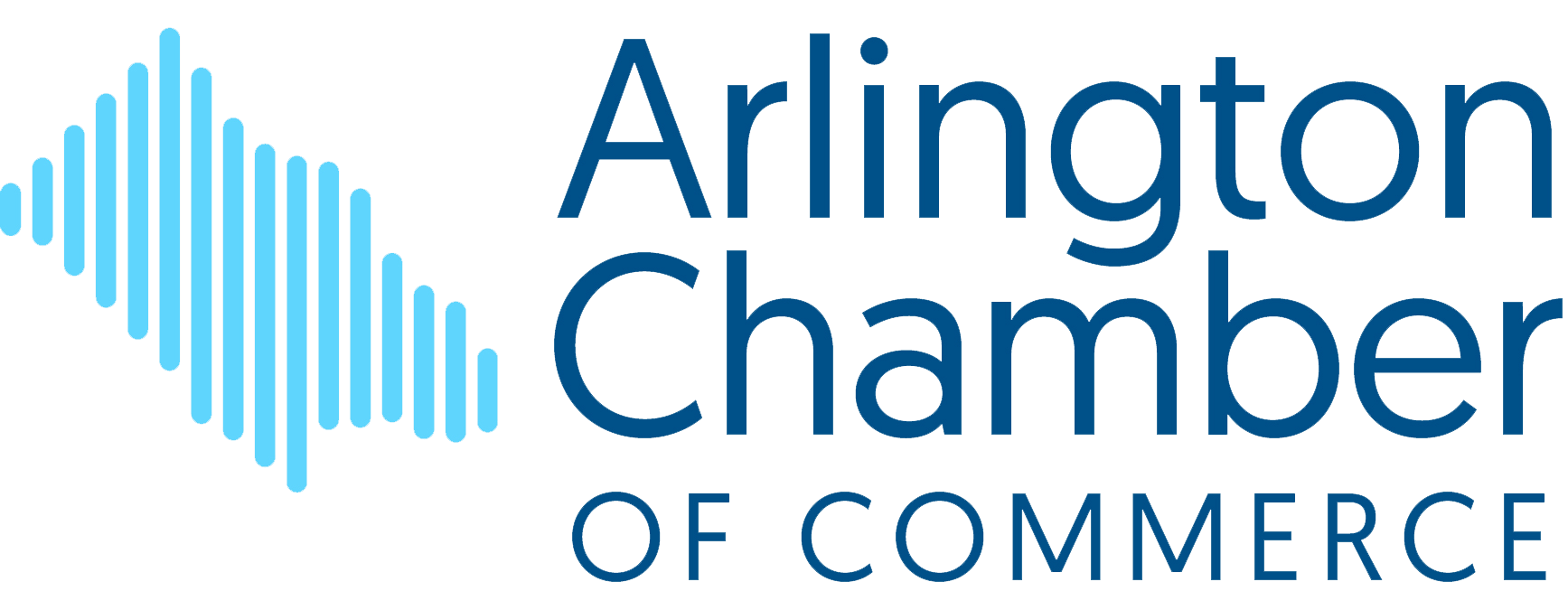
“I was really stressed out between work, and the kids, and the house. I really didn’t think I had time but I just told myself, Ok Ashley (pseudonym) you can take 60-seconds to do this. You said you would. You bought the thing. So I did.”
“And?” I eagerly asked my client.
“I can’t believe how much more energy I had just by giving my feet a quick scrub!”
Ashley went on to tell me how this one act, a 60-second after-work “self-investment” refilled her. She felt revitalized and valued, rather than depleted. That 60 seconds had an exponential ROI. She got everything done on her list, and went to bed feeling more confident and experiencing greater life satisfaction. This translated to a better night’s sleep, which translated to feeling more refreshed upon waking.
What the Hall of Famer knows, many high achievers don’t. It’s not what most high achievers were taught, myself included. Some of us have to burnout before we realize that we were wrongly conditioned to believe that gain could only come through pain; we were to sacrifice ourselves for the billable hour. And even now as most high achievers are hearing more about the importance of self-care routines, it’s hard to know where to start, what counts, or what you really have time to do regularly. So, let’s answer that.
There are many ways to practice self-care, self-pampering/grooming, and getting in some self-time. In general, these practices should be easy to do, not add stress, and enhance your life in some way. You can use multiple strategies for different needs. One way Ashley and my clients found is through a simple skincare routine that they could do quickly, daily. It was easily accessible because it was in their own home. It boosted their confidence and played into the beauty and health presence that researchers have found correlates with improved work and life outcomes, to say nothing of the visible results.
There is a connection between “self-pampering,” “self-care,” or “self-time,” and its ability to buffer against depression, stress, anxiety, and burnout. This is true for women and men. Investing in yourself helps you feel and perform better in work and non-work aspects of life. Some research also shows an increase in income attached to those who invest in themselves through “pampering” or “grooming” activities.
If you’re like most high achievers, you’re experiencing stressors and maybe flirting with burnout. You’re feeling all the hopes and pressures of a new year and hoping that 2022 will bring something different. It’s January and you can’t escape talks of New Year’s resolutions. Perhaps less stress. Perhaps more income to account for rising prices. Perhaps a greater sense of life satisfaction. Perhaps more confidence so you can take on new roles. Perhaps a sense of more control over something. Perhaps all of the above.
And if you are like most high achievers, you still aren’t sure you have the bandwidth to start a new “self-care” thing because it seems too daunting when you’re already overwhelmed. You don’t associate a 60-second foot scrub or two-minute morning and evening skincare routine as something that could help you feel confident and energized, and as a result improve your performance or simply make you happier.
Here’s the thing. Self-pampering or grooming, or whatever you want to call it, does not have to be time consuming or complicated. It’s a quick way to start and end your day with a little “self-time.” It’s a way of reminding yourself that you are worth investing in. And yes, you if you need to further justify it. You will be able to better invest in those around you too. You will also serve as a role model to them that they too “have permission” to invest in themselves. And they in turn will model to their network, with further downstream effects.
Most high achievers don’t see the connection. But you aren’t like most people. If you’d like to chat more about how self-investment and self-pampering can help you beyond the visible results, feel free to connect with me here: https://yesyourachelboehmbooking.as.me/schedule.php
In the meantime, here is a 2022 Self-Care Recipe for you.
References
Adams, K. L. (2021, June 30). Experiencing Burnout? Here's how to fix it. Entrepreneur. Retrieved December 30, 2021, from https://www.entrepreneur.com/article/375986
Altimare, J. (2021, August 17). Council post: Four ways to optimize self-care at work. Forbes. Retrieved December 30, 2021, from https://www.forbes.com/sites/forbescommunicationscouncil/2021/08/17/four-ways-to-optimize-self-care-at-work/
Ashley, J.. (2021, June 28). Council post: Why multidimensional self-care is essential to better leadership. Forbes. Retrieved December 30, 2021, from https://www.forbes.com/sites/forbescoachescouncil/2021/06/28/why-multidimensional-self-care-is-essential-to-better-leadership/
Barnes, A. (2021, October 26). Council post: Three ways to use self care to support effective leadership. Forbes. Retrieved December 30, 2021, from https://www.forbes.com/sites/forbesbusinessdevelopmentcouncil/2021/10/26/three-ways-to-use-self-care-to-support-effective-leadership/
Brown, D. (2021, July 22). Council post: Balancing high ambitions with consistent self-care. Forbes. Retrieved December 30, 2021, from https://www.forbes.com/sites/forbesbusinesscouncil/2021/07/22/balancing-high-ambitions-with-consistent-self-care/
Dalkou, M., Angelopoulou, P., Montgomery, A., & Panagopoulou, E. (2019). Can self-pampering act as a buffer against depression in women? A cross-sectional study. Health Psychology Research, 7(2). https://doi.org/10.4081/hpr.2019.7967
Hamermesh, D.S, and Biddle, J.E. (1994) Beauty and the labor market. The American Economic Review, 84, 1174. https://doi.org/10.3386/w4518
Kordestani, M. (2021, December 15). Council post: Reconciling the entrepreneurial hustle with your need for self-care. Forbes. Retrieved December 30, 2021, from https://www.forbes.com/sites/theyec/2021/12/13/reconciling-the-entrepreneurial-hustle-with-your-need-for-self-care/
Kutty, S. (2021, July 14). Council post: Self-care rhythms for executives. Forbes. Retrieved December 30, 2021, from https://www.forbes.com/sites/forbesbusinesscouncil/2021/07/14/self-care-rhythms-for-executives/
Lein, S. (2020, October 12). 3 reasons why the aesthetics and anti-aging market is unaffected by the pandemic. Entrepreneur. Retrieved December 30, 2021, from https://www.entrepreneur.com/article/356962
Maddox, C. (2021, October 11). Scheduling self care when working from home. Scheduling Self Care When Working From Home. Retrieved December 30, 2021, from https://www.entrepreneur.com/article/389999
Messaraa, C., Robertson, N., Walsh, M., Hurley, S., Doyle, L., Mansfield, A., Daly, L., Tansey, C., & Mavon, A. (2019). Clinical evidences of benefits from an advanced skin care routine in comparison with a simple routine. Journal of Cosmetic Dermatology, 19(8), 1993–1999. https://doi.org/10.1111/jocd.13252
O 'Connor, C., Messaraa, C., Kearney, E. M., Robertson, N., Doyle, L., Walsh, M. (2020). Multi-step Routines Deliver Better Benefits to Skin. Cosmetics & Toiletries, 135(1), 39-47.
Ramchandani , A. (2021, July 24). Scheduling self care when working from home. Entrepreneur. Retrieved December 30, 2021, from https://www.entrepreneur.com/article/367884
Rodan, K., Fields, K., Majewski, G., & Falla, T. (2016). Skincare Bootcamp: The Evolving Role of Skincare. Plastic and reconstructive surgery. Global open, 4(12 Suppl Anatomy and Safety in Cosmetic Medicine: Cosmetic Bootcamp), e1152. https://doi.org/10.1097/GOX.0000000000001152
Scholz, J. K., & Sicinski, K. (2015). Facial attractiveness and lifetime earnings: Evidence from a cohort study. Review of Economics and Statistics, 97(1), 14–28. https://doi.org/10.1162/rest_a_00435
Tank, A. (2021, August 12). How entrepreneurs can prevent burnout among their teams. Entrepreneur. Retrieved December 30, 2021, from https://www.entrepreneur.com/article/376832
Zhang, L., Adique, A., Sarkar, P., Shenai, V., Sampath, M., Lai, R., Qi, J., Wang, M., & Farage, M. A. (2020). The impact of routine skin care on the quality of life. Cosmetics, 7(3), 59. https://doi.org/10.3390/cosmetics7030059


 RSS Feed
RSS Feed
